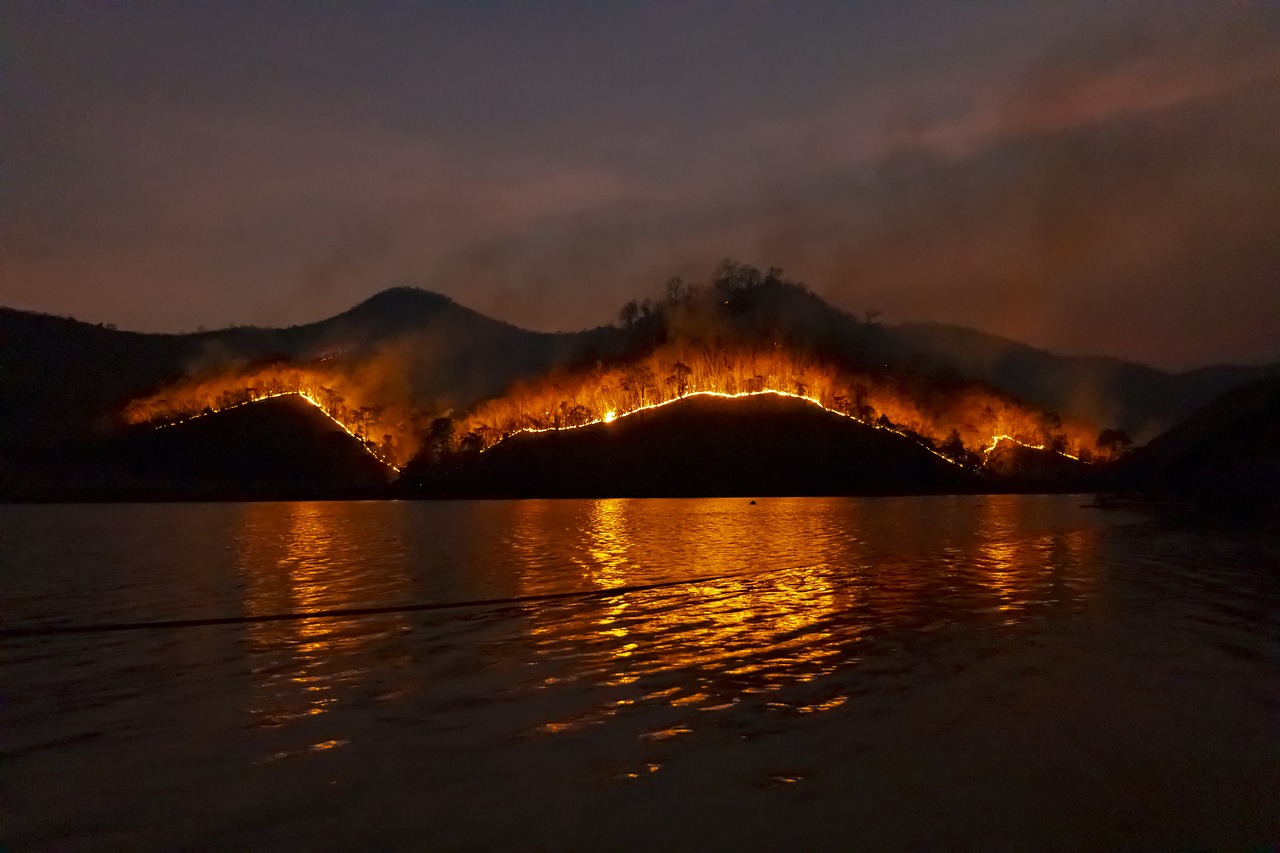
- This event has passed.
What can black carbon in the ocean tell us about wildfire in the Earth system?
February 9 @ 11:00 am - 12:00 pm

Speaker: Dr. Sasha Wagner, Assistant Professor, Department of Earth and Environmental Sciences Rensselaer Polytechnic Institute
In the deep ocean persists an enigmatic class of organic compounds that are presumed to have a condensed aromatic structure, are biologically unreactive, and are broadly termed “black carbon”. In the dissolved phase, black carbon comprises ~2% of the total dissolved organic carbon (DOC) housed in the ocean, which is roughly equivalent in size to the amount of CO2 in the atmosphere. In the abyssal ocean, dissolved black carbon (DBC) is about 15,000 14C-years older than bulk DOC, suggesting that the DBC fraction is particularly important for evaluating stability of the marine organic carbon pool over multi-millennial timescales. However, the answer to one key question continues to elude us: Where does ancient DBC in the deep ocean come from? The path to the answer is littered with sampling and methodological limitations, dead ends, and surprise detours. It was thought that most DBC in the ocean originated from wildfires on land, but results from compound-specific stable carbon isotopic analyses suggest otherwise. This talk describes a persistent quest to figure out where oceanic DBC comes from and features new research in which we are leveraging black carbon deposited in ancient marine sediments to understand wildfires that occur at critical junctures in Earth’s history.